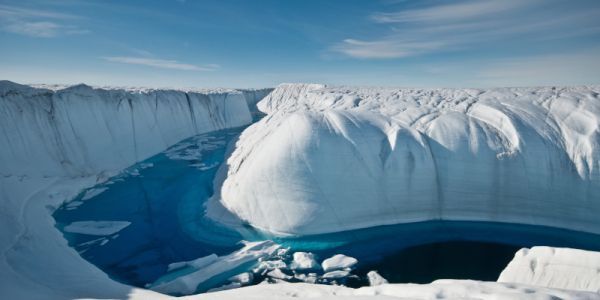
Global ice loss increases at record rate
The rate at which ice is disappearing across the planet is speeding up, according to new research.

The rate at which ice is disappearing across the planet is speeding up, according to new research.
Scientists believe a key nutrient transported by the wind is contributing to the growth of algal blooms on melting ice sheets.
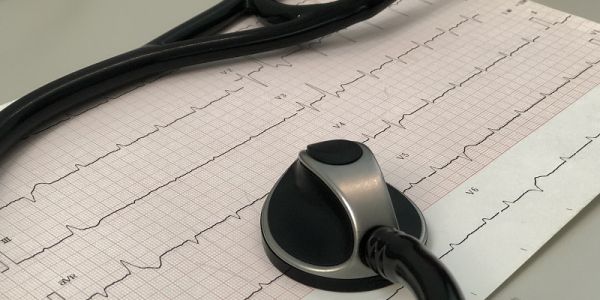
Data analysis by researchers at the University of Leeds is revealing a second sharp drop in the number of people admitted to hospital in England with acute heart failure or a heart attack.

Leeds Institute for Data Analytics and Sainsbury’s have formalised a partnership to deliver data intensive research projects in nutrition and health, property and location analytics, and e-commerce.
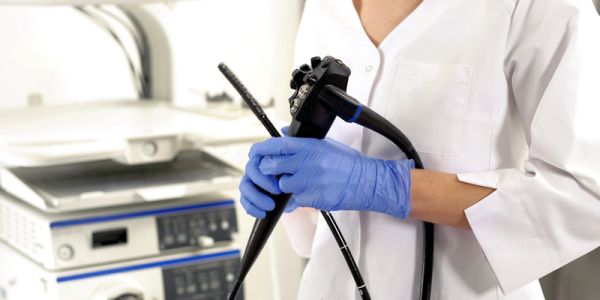
A new study involving the University has found that since the first coronavirus lockdown the number of people diagnosed with bowel cancer in England has fallen sharply.

Hundreds of cancer patients have benefitted from using computer algorithms to manage their symptoms and improve their wellbeing in a unique UK trial.

Researchers have for the first time identified the way viruses like the poliovirus and the common cold virus ‘package up’ their genetic code, allowing them to infect cells.
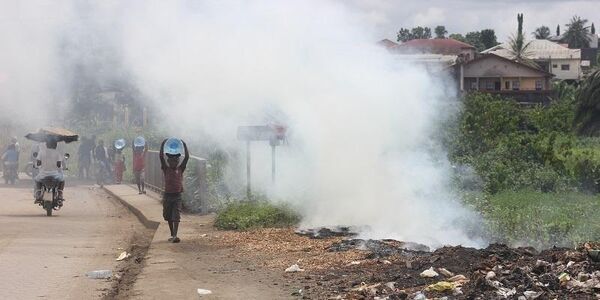
Up to one billion tonnes of solid waste is being openly burned worldwide each year and risks the health of “tens of millions of people”, according to a review of the latest scientific evidence.
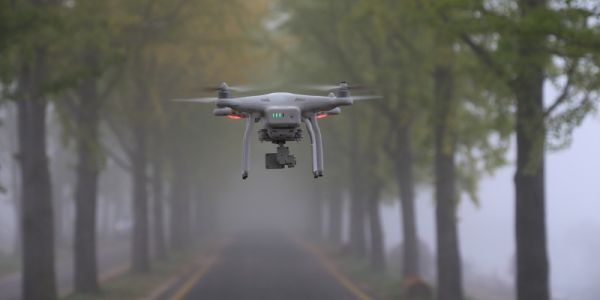
Drones, robots and autonomous systems can transform the natural world in and around cities for people and wildlife.

The global food system could drive rapid and widespread biodiversity loss if not changed, new research has found.